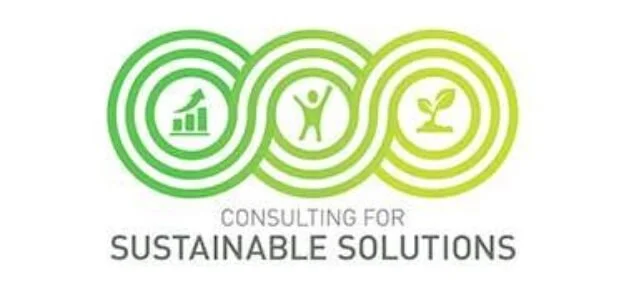
Supporting a water access business in Ghana to scale their operations
We helped Water4 to scope and assess the potential for innovative finance to grow the impact of their community water delivery system.
Why we are doing this
Globally, two billion people still lack access to safely managed drinking water services. Although the economic and impact case for investments in water services and resources is clear, there is still a $1tn gap in financing to achieve Sustainable Development Goal 6.
Water4’s mission is to support the achievement of SDG 6.1 by proving and scaling a replicable, private sector model for safe water services. Water4’s solution is called NUMA, a water delivery system built around a high-capacity water well. The system includes the Nexus (water well with pumping and filtration systems), Nodes (substations with water tanks) and Nows (water outlets located at homes or businesses).
This video explains how the system works.
Water4 and its partner 4Ward Development in Ghana are seeking to assess the most cost-effective way to scale up operations and improve their profitability in the region. However, traditional philanthropy and donor funding models tend to keep service providers like Water4 and 4Ward dependent on grants.
The limitations of grant funding, both in terms of available budgets and constraints such as requiring service providers to deliver against a pre-agreed set of inputs and activities, are not well-suited to scale up. In order to sustainably scale up NUMA’s operations and impact, more innovative approaches to financing are needed.
What we are doing
Social Finance worked with Water4 on a scoping and initial feasibility assessment to assess the options and potential for innovative financing to scale up operations and impact in Ghana. We approached this through a ‘financing for impact’ lens, looking in particular at how the social impact that 4Ward generates through its commercial operations can be identified, measured and incentivised.
Some of our work included:
Analysis of Water4’s target population in Ghana, the social outcomes that Water4 achieves through its operations, its operational and financial model, and data systems for tracking outcomes.
Insights into existing funding sources and instruments, and assessing suitability for innovative finance.
Exploring alternative funding models, including outcomes-based finance, revenue-based finance, and blended finance tools to reach financial sustainability and maximise impact to inform Water4’s strategy.
As a separate strand of work, we completed a carbon finance viability assessment (with support from an external consultant) and incorporated that analysis in our broader analysis and proposed recommendations.
Partners
Project team




